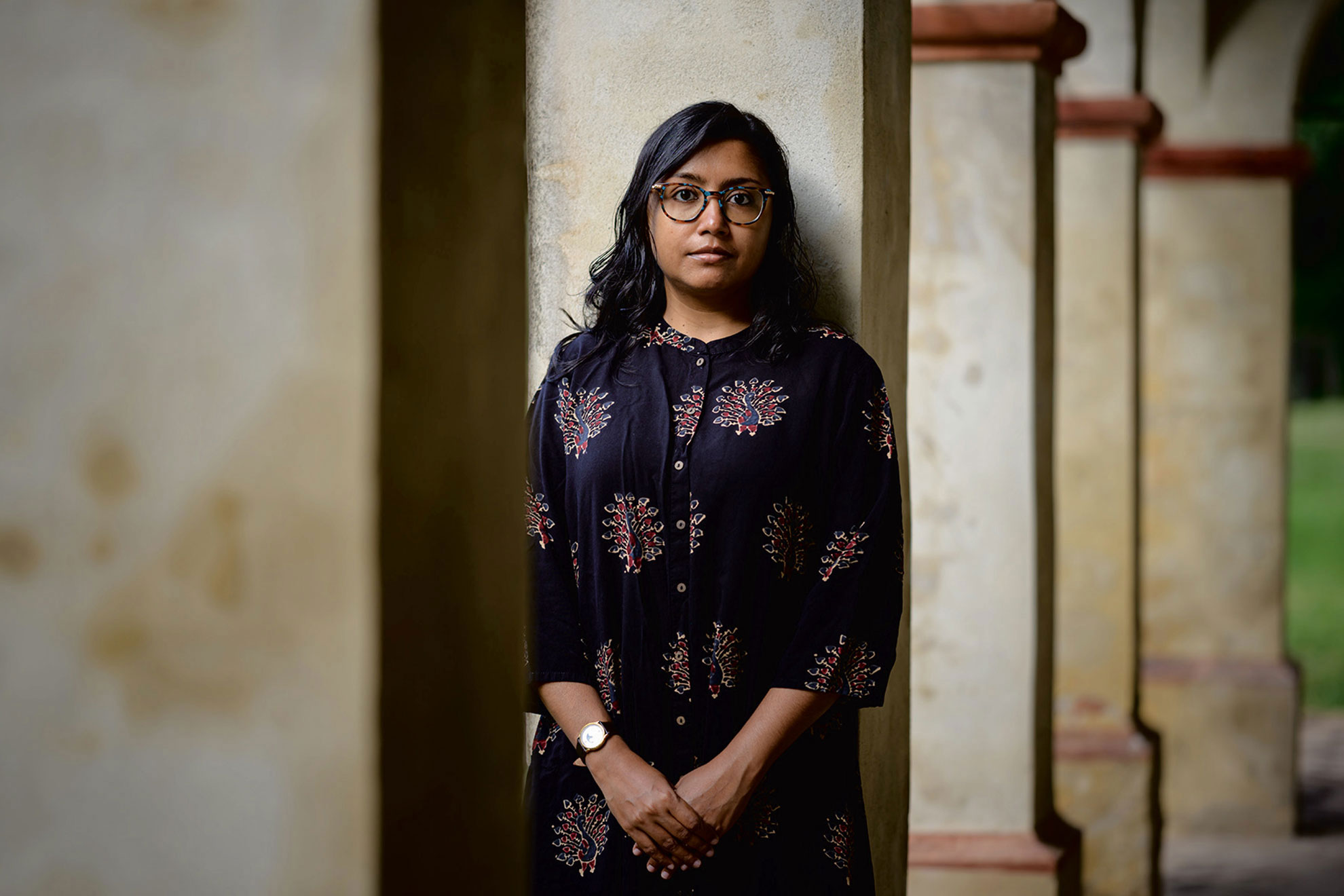
""There are two selves who occupy this body," one of Majumdar's characters tells us. "There is who I am to strangers, and there is who I am to the people who saw me grow up.""
""One thing I was thinking about was love and hope. In a time of crisis, these sentiments we think of as noble and good might gain manifestations which are vicious or mean or sly. Can we still be proud of them in those expressions?""
""Another place where this book started for me was my hometown, Kolkata, India. It is one of the places most profoundly affected by climate change, and I was thinking about the lived experience of it. When I was reading about increasing heat in Kolkata, I thought back to a childhood experience. I was going to the movie theater to watch "Monsters, Inc." when it came out. The day was so hot, I remember my shoes sticking to the tar of the road. We can talk about increasing temperatures and heat, but that is what it feels like: Your shoes stick to the road.""
Set in climate-stricken Kolkata in the near future, the narrative weaves two families' stories over the course of a single week. Characters navigate blurred emotional lines and confront internal moral conflicts. Love and hope appear in crisis and can take vicious, mean, or sly forms that complicate pride in those sentiments. The setting emphasizes lived climate effects, including intense heat that makes shoes stick to tar. Parenthood and changing perspective reshape motivations and propel characters toward emotional extremes while raising questions about moral responsibility.
Read at Harvard Gazette
Unable to calculate read time
Collection
[
|
...
]